| Last year, I wrote a post about the guys from our Temple's Brotherhood who built the congregation's sukkah on a Sunday morning while I was teaching the Confirmation class. One of those great guys, Scott, wrote a comment on the post that just moved me so much. A year later, I looked at his comment again and I thought I would share it with you. This is what he had to say: |
Some led at first, others led in the middle and others led the clean up. We worked as one in the building of this structure. The basic framework of the sukkah was described to us, and then, we began to build.
We could have all stayed home today, slept a little longer, done some chores around the house, but we chose to support our Temple, our Jewish community, our children.
After the completion of the sukkah, some of the children came out to decorate the inside of the sukkah. The beaming smiles on their little faces wanting to hang their newly crafted decorations inside the sukkah lit my heart.
The feeling of joy, community, friendship and being part of something bigger than just my own small part of the world is indescribable.
Building something from nothing brings people together in a common goal. That is what a part of being Jewish means to me.
Our history is frought with rebuilding. But our common goal is living the ways of Torah and G-d's word. This will help to build our Jewish community, friendship and something bigger than us all.
Tomorrow morning, the Brotherhood will gather again to build Temple Beit HaYam's Sukkah. We're starting at 8:00 a.m. Come one, come all.
Other Posts on This Topic:
Sukkot: Gathering in Ourselves
Building a Sukkah in Hurricane Territory

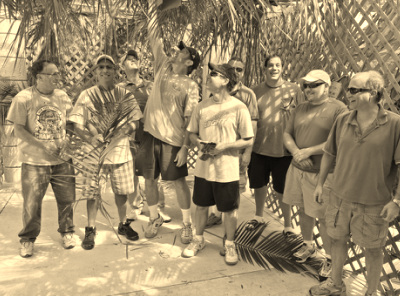
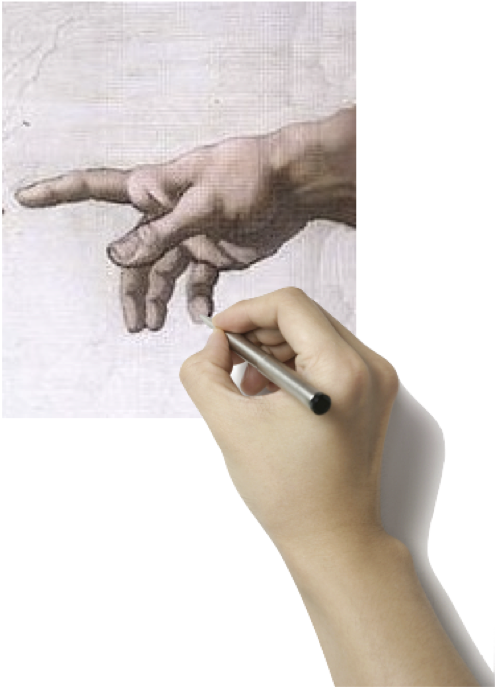
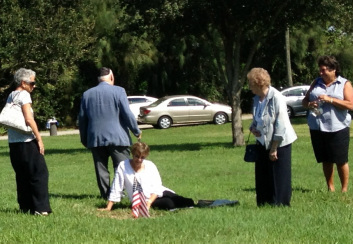
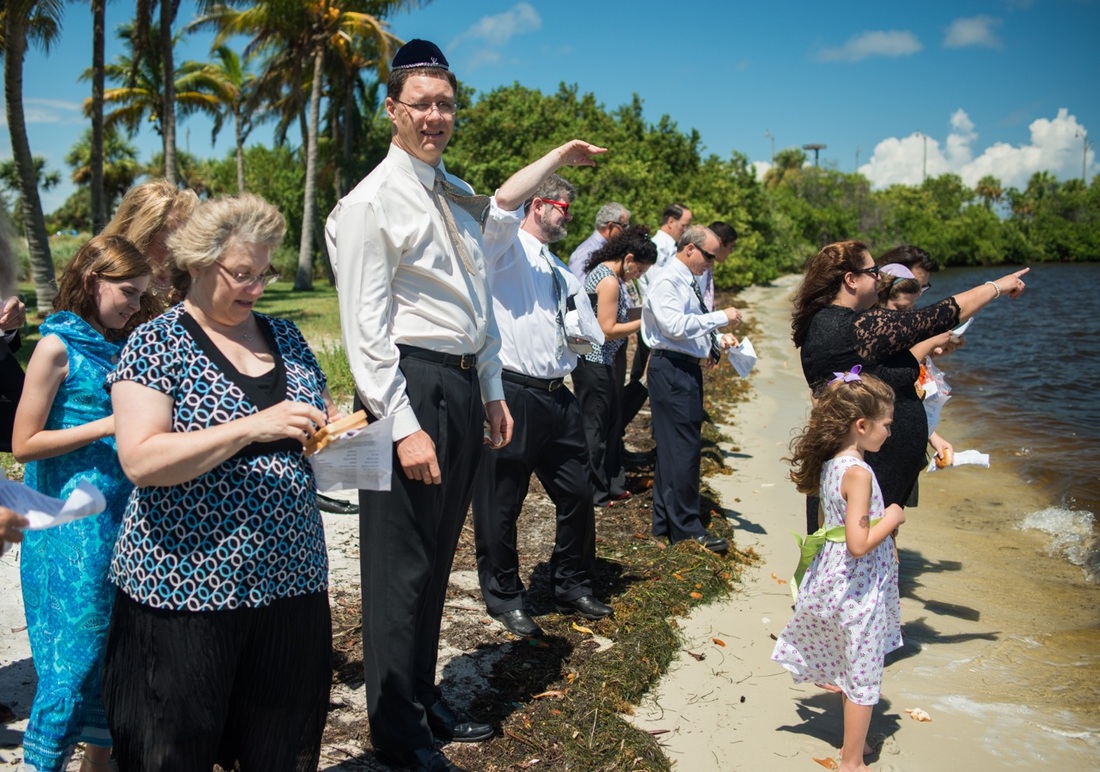
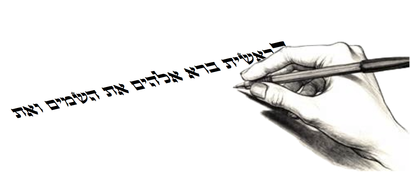
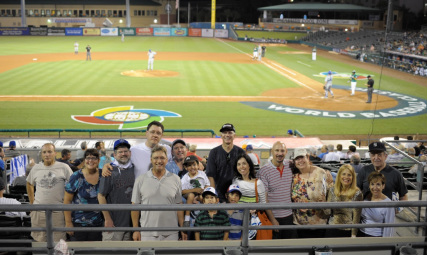
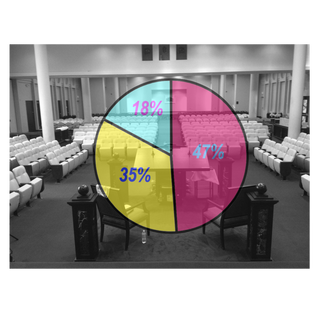






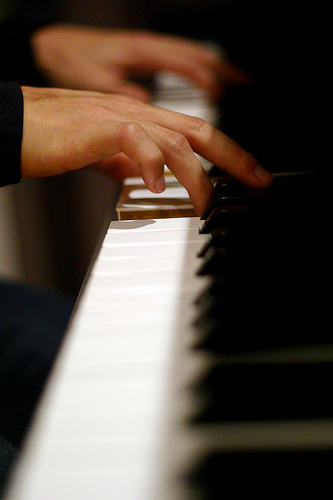

 RSS Feed
RSS Feed
